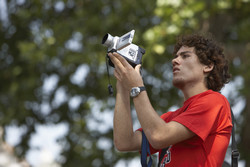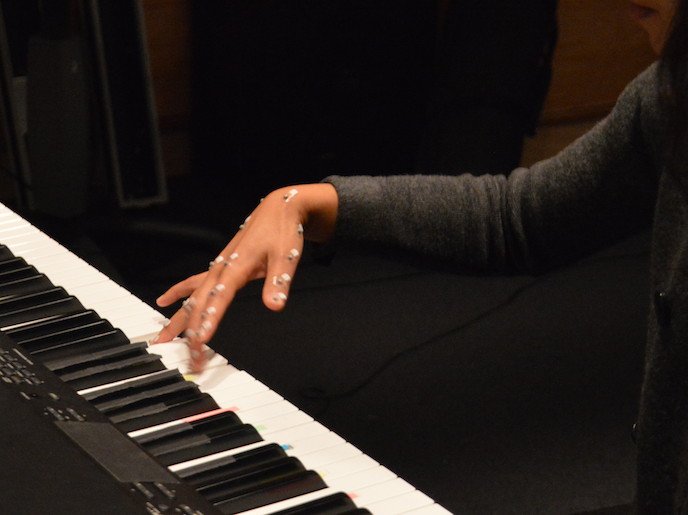Learning and development with digital media
Backed by EU funding, the DIGIT-M-ED (Global perspectives on learning and development with digital video-editing media) project explored the potential of digital filming and multimedia use for school, youth development and community life across the globe. For two years to mid-2014, a partnership established between a three-member European consortium (University of Crete, Free University Berlin & Institute of Education, University College London), the Moscow State University of Psychology and Education, the Jawaharlal Nehru University and the Pontifícia Universidade Católica de São Paulo explored the practices of digital capturing, editing and circulating of audio-visual data by young people in the various local contexts. The various research teams investigated media practices such as tubing, filmmaking and gaming. Each team explored how young people, in their respective countries, employ these technologies as means for self- expression and communication with others. A specific focus concerned youth experiencing difficult situations such as: economic crisis in urban Greece, marginality in São Paulo outskirts, and disability in Moscow. Another focus concerned emerging youth protest cultures in India and Brazil. In all these practices digital technologies played a significant role in facilitating youth expression and communication. The results of the various case studies and the implications for education and policy-making have successfully been presented and discussed in a series of workshops as well as in international conferences around the world. Further outcomes entail an edited volume to be published soon, articles and book chapters published in English, Russian and Portuguese as well as the set-up of the follow-up project: HyperConnecting Youth/ HyperConnecting Schools(opens in new window). solid research synergies between German and Indian traditions of anthropological and sociological youth research, British scholarship in media analysis, Greek and Brazilian educational and youth research and Russian learning theories were established – which offer a fruitful ground for further research and long lasting collaboration between European and third country partners. For further information visit the project’s webpage(opens in new window).







